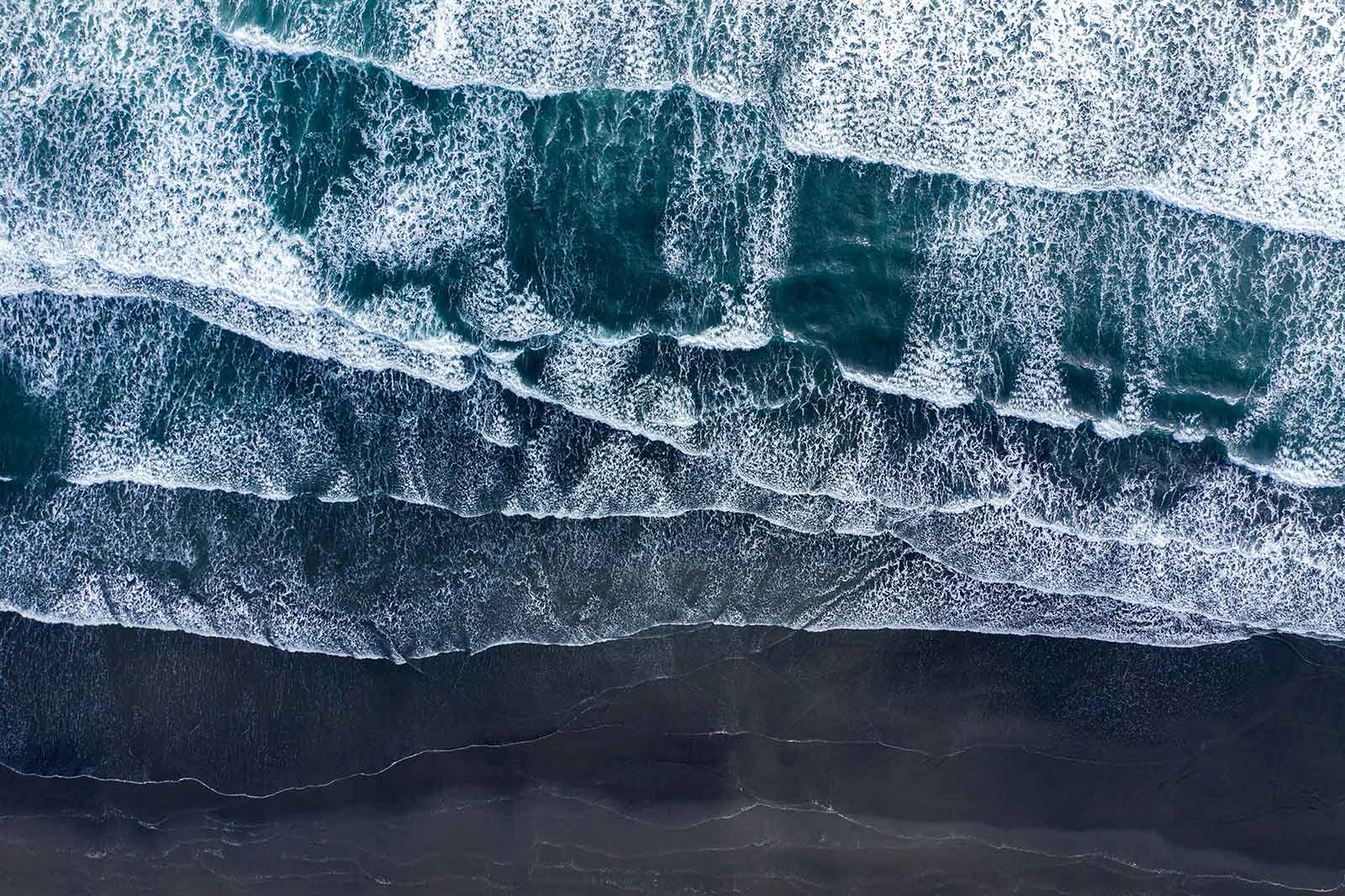The sector directly employed close to 4.5 million people in 2018 and generated around €650 billion in turnover and €176 billion in gross value added.
According to the report’s authors, emerging activities such as ocean energy, marine biotechnology and robotics are developing quickly and will play an important role in the EU’s transition towards a carbon-neutral, circular and biodiverse economy.
Blue biotechnology and the blue bioeconomy can play a crucial role as suppliers of plant-based alternatives to plastics and other petrochemical applications. The sector is still in its infancy, the most notable subsector being algae production with a total turnover of € 10.7 million in France, Spain and Portugal. In 2022, the European Commission will adopt an algae strategy to foster development of the sector.
Contrary to the rest of the sector, the emerging activities also suffered less from the COVID-19 crisis, and are expected to recover quickly.
Growing importance
Commissioner for Environment, Oceans and Fisheries Virginijus Sinkevičius said: “The blue economy is an important driver of today’s European economy, in coastal communities and beyond. Moreover, with the European Green Deal, its importance will only grow in the future. The sector will contribute to decarbonisation and other European environmental objectives with innovative solutions and by reducing its own footprint. I call on Member States and private investors to support this transformation and invest in a sustainable blue economy.”
See also:
- The undiscovered potential of the ocean (Agro&Chemistry, 1 May 2021)
The report is available at the EU Science Hub.
Image: salajean/Shutterstock



